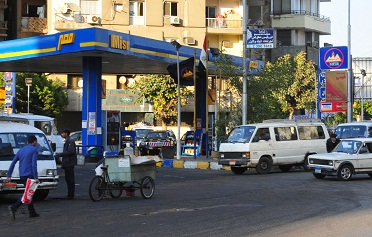Egypt’s Ministry of Finance works on developing new fiscal policies to boost investment, production, and export flows within a stable economic environment, according to Yasser Sobhi, Deputy Minister of Finance.
The key focus of the new policies was achieving fiscal discipline in the state’s budget indicators, which was crucial for economic growth and future planning.
Sobhi highlighted the ministry’s support for the business community in expanding its activities, aiming for rapid increases in productivity and the competitiveness of Egyptian products in global markets. This aligns to significantly enhance non-oil exports, diversify income sources, and promote sustainable development and social spending in the medium and long term.
Speaking on behalf of Ahmed Kouchouk, Minister of Finance, at the first annual conference of the General Organization for Export and Import Control, titled “Developing Concepts for a Competitive Leap,” Sobhi noted that the ministry is working on expediting the refund of VAT across all tax authorities as part of a package of tax facilitations. He also pointed out that the ministry is collaborating with the Ministry of Investment and Foreign Trade to improve the export support program, with a focus on the quick and consistent refund of export burdens. The digitization of the Export Development Fund is enhancing governance in refunding export burdens under this new program. Additionally, an advanced system for clearing between investors’ dues and their government obligations is being developed to ensure the necessary liquidity for driving local investment, production, and export activities.
Sobhi mentioned that over EGP 67bn has already been disbursed to around 3,000 exporting companies across various sectors through successive initiatives since 2019, reflecting the state’s commitment to settling export burdens. He also reiterated the Ministry of Finance’s ongoing efforts to digitize the customs system and improve risk management to facilitate international trade, reduce customs clearance times, lower production costs, and enhance the competitiveness of Egypt’s business environment, thereby attracting more local and foreign investments.



